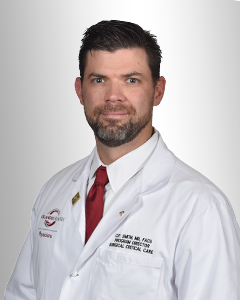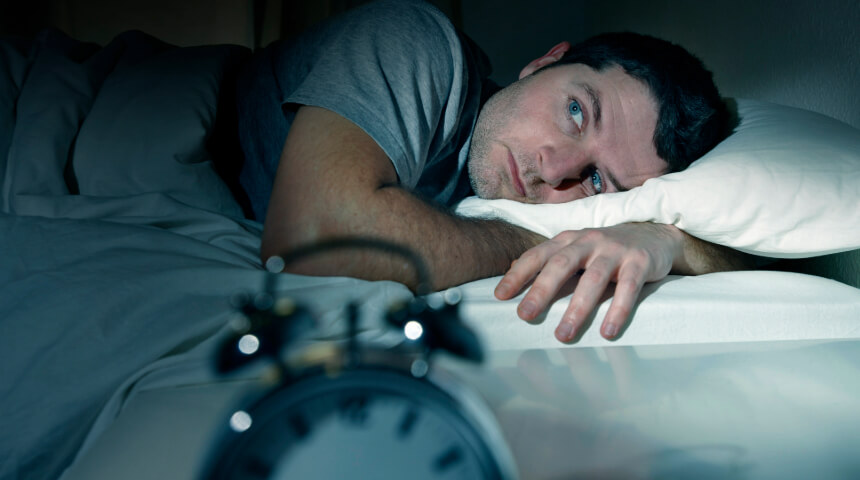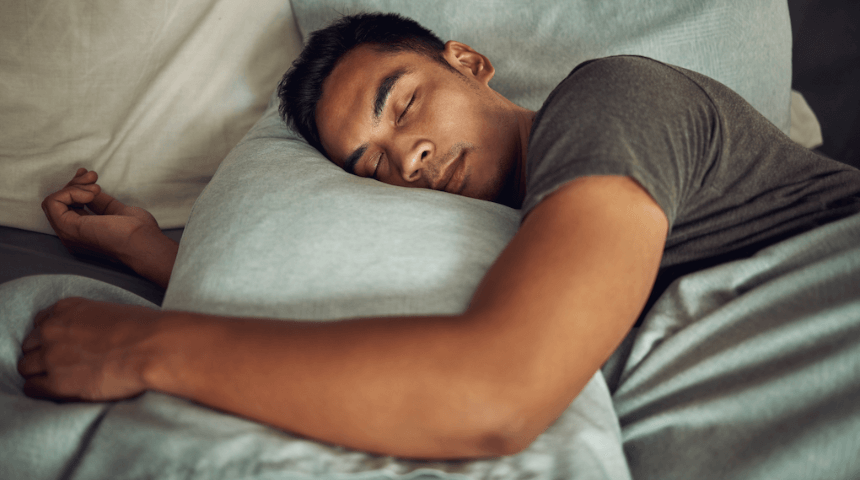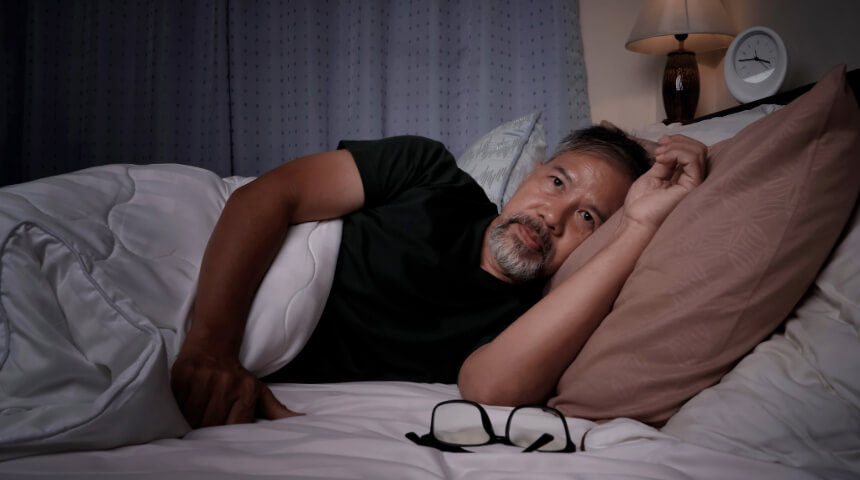Did you know that sleeping between four and five hours a night and getting behind the wheel is the equivalent of driving drunk?
New research indicates that skipping sleep could have dangerous consequences for motorists. Researchers at the AAA Foundation for Traffic Safety analyzed data from a National Highway Transportation Safety Administration (NHTSA) survey, which included a representative sample of about 4,600 police-reported crashes between July 2005 and December 2007. The AAA Foundation says the study is the first “to quantify the relationship between specific measures of recent sleep and the risk of crash involvement in a representative sample of crashes of the general driving population.”
Researchers examined the relationship between sleep deprivation and crash risk by comparing the amount of sleep reported by drivers who were at fault for an accident compared to drivers involved in car crashes who weren’t responsible for these accidents because of unsafe or illegal action, inaction or error. They found that missing between one to two hours of sleep a night doubles a person’s risk of a car accident the following day. Getting four to five hours of sleep quadruples the likelihood of a car crash. Overall, drivers who sleep less than seven hours a night are at greater risk for a car accident. People who reported sleeping less than four hours had the greatest crash risk — at 11.5 times the crash rate.
The results of this study support previous conclusions from a National Sleep Foundation working group, which indicated that people who had slept two hours or less within a 24-hour period weren’t capable of driving. This current study expands on those findings by suggesting that even those who have slept four to five hours also aren’t fully capable of operating a vehicle.
Unfortunately, these study results aren’t entirely surprising. A National Sleep Foundation poll indicated that many Americans have driven drowsy. Sixty percent of adult drivers — the equivalent of 168 million people — said in the poll they had driven while tired or sleepy. What’s even scarier is that 37 percent also indicated they had fallen asleep behind the wheel.
This is dangerous for drivers and other motorists. Between drowsy driving, distracted driving and drunk driving, every time we get in a car we have to be vigilant. However, drowsy driving is really scary because most people have probably driven while tired and may not see this as risky behavior on the same level as driving after consuming a few drinks. But lack of sleep can have dangerous effects behind the wheel because it slows your reaction time, increases inattention and reduces response accuracy, which basically means your judgement and your ability to physically respond in a particular situation is impaired.
We see a huge amount of ER injuries here at Orlando Health that are vehicle-against-person-related— and that risk rises with sleepiness. According to AAA Foundation, an estimated 328,000 crashes each year, including 109,000 injury crashes and 6,400 fatal crashes, involve a drowsy driver.
With our busy lives, sleep often ends up on the bottom of our to-do lists, but the consequences of not getting enough sleep — from poor overall health to car crashes — is just too great. Make getting at least seven hours a sleep a night a priority, and if you’re tired don’t get behind the wheel. Whatever you need to do and wherever you need to go can wait.










